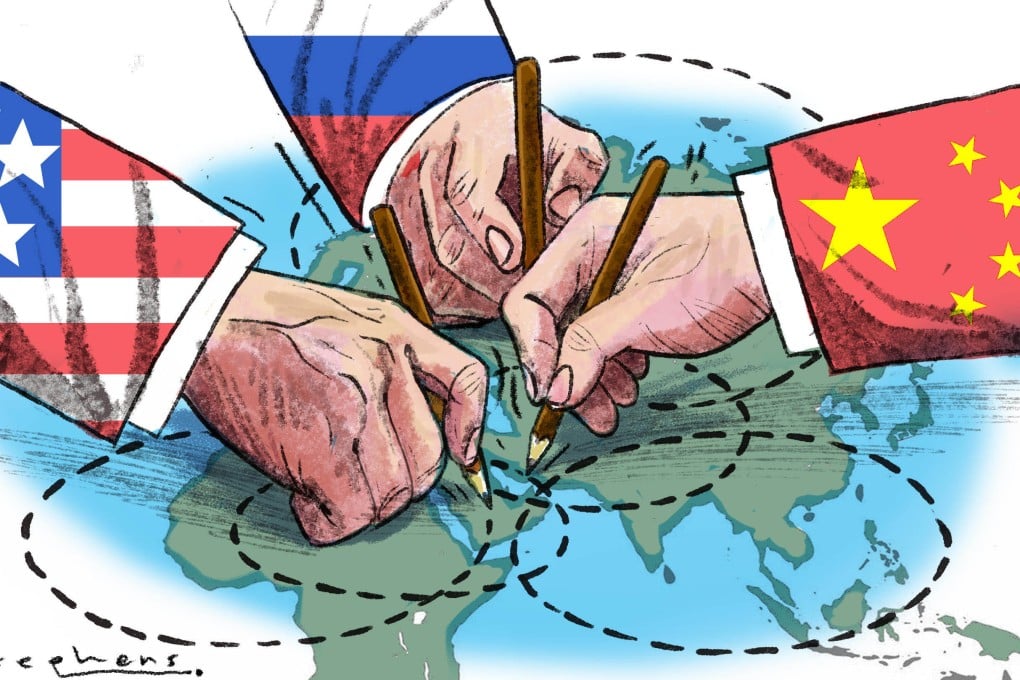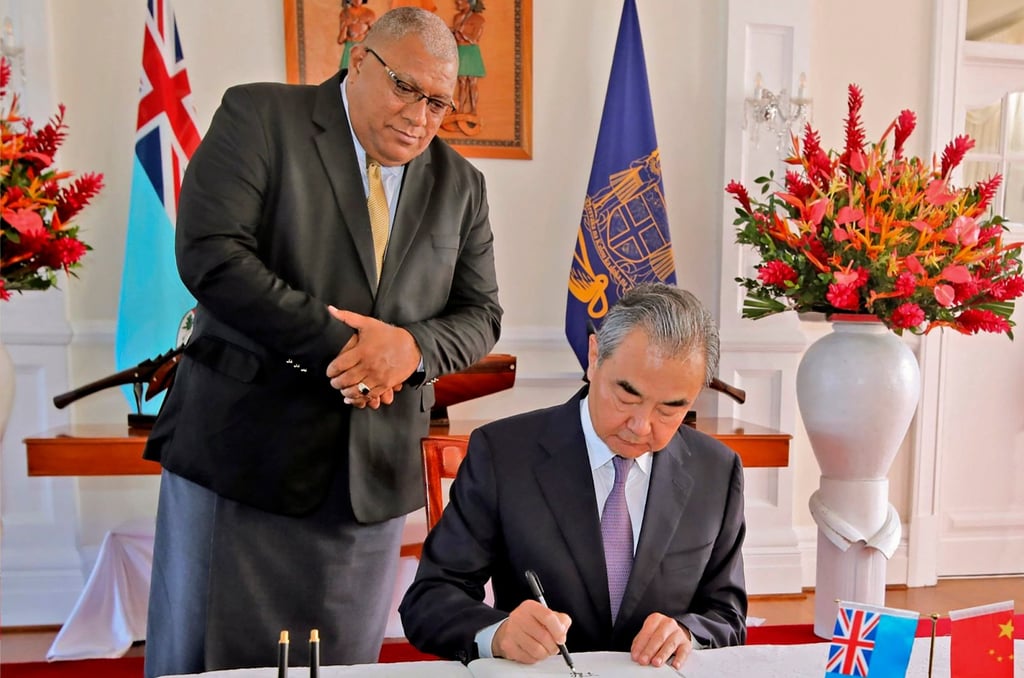Advertisement
Opinion | As US, China and Russia jostle for influence globally, risk of confrontation rises
- With the crisis in Ukraine threatening to unravel the international order, major powers are rushing to solidify global partnerships
- Washington, Beijing and Moscow have boosted engagement in the Indo-Pacific, Middle East and Africa, raising fears of conflict in these regions
Reading Time:4 minutes
Why you can trust SCMP
4

Recently I argued that the ongoing redistribution of global power, spurred by the Ukrainian crisis, has sent major powers rushing to check their partnerships in the Euro-Atlantic, Indo-Pacific and Latin America.
The US went on a diplomatic offensive from May to July, which saw meetings with the Association of Southeast Asian Nations, Quad states, Latin American leaders, G7 and Nato. Those activities were met with reciprocal moves from Moscow and Beijing.
The disruption of communication channels between major powers and their subsequent split into rival groups was exemplified by the failure of G20 finance ministers to produce a formal communique, despite a global food and energy crisis and the threat of an economic recession.
Advertisement
The US and China have held summits with Pacific Island nations to win their support after the Solomon Islands signed a security agreement with China earlier this year. Moscow and Beijing have also scaled up their military manoeuvres in the Indo-Pacific by increasing activities around Japan.

China has also shunned the US-led initiative to set a global price cap on Russian oil to deprive it of energy export revenues. Indeed, China’s crude oil imports from Russia soared 55 per cent in May compared to a year earlier, dislodging Saudi Arabia as its largest supplier. In mid-July, the Russian state-owned Gazprom reported a record for the daily volumes of gas pumped to China via the Power of Siberia pipeline.
Advertisement
Advertisement
Select Voice
Select Speed
1.00x
